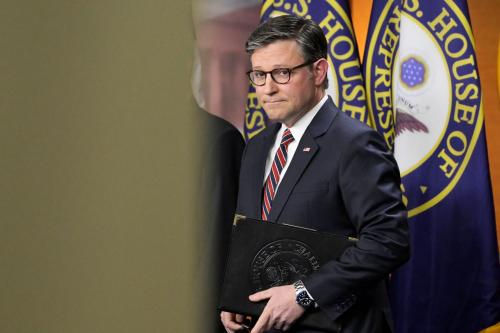Despite the recession’s official end, state governors – like businesses and families – continue to struggle making ends meet. In the near term, taxes are up but remain below pre-recession levels. Federal stimulus funds have largely run out, and so have quick fixes such as borrowing from special funds and deferring major expenses. Looking ahead, states face structural imbalances between revenues and spending as well as major unfunded pension and other retiree liabilities.
To their credit, governors ranging from California’s Jerry Brown to New Jersey’s Chris Christie have been making hard choices to address their states’ long-term budget problems. While some (Brown as well as Minnesota’s Mark Dayton and Connecticut’s Dan Malloy) have pursued revenue increases, others (Christie, New York’s Andrew Cuomo, Florida’s Rick Scott) have emphasized spending cuts. Presumably, each is pursuing the platform on which he or she was elected.
Regardless of approach, many governors will come up against the same problem: Huge swaths of state budgets that are fixed or off limits. Analogous to the federal level, state tax systems and spending programs are often insulated from the annual budget process. This may be because of federal mandates, voter initiatives, or restrictive fiscal rules like California’s Proposition 13. More often, however, there are simply political obstacles to raising taxes or reducing spending on popular areas.
Recently, with huge state budget gaps, even perennial favorites such as K-12 education have not escaped the budget axe. However, tax increases and spending cuts are often made across the board or without attention to what works. We need more information on the drivers of revenues and spending.
Nearly half of all states have taken a step in the right direction by setting up tax reform and performance review commissions. Although it may be little consolation to governors who have to balance their books right now, these commissions could help states identify new ways to raise revenues and provide services that are valued by taxpayers – and to drop the ones that aren’t. This is an essential first step to unlocking state budgets and paving the way for lasting reform.
The Brookings Institution is committed to quality, independence, and impact.
We are supported by a diverse array of funders. In line with our values and policies, each Brookings publication represents the sole views of its author(s).



Commentary
Op-edUnlock State Budgets
May 18, 2011